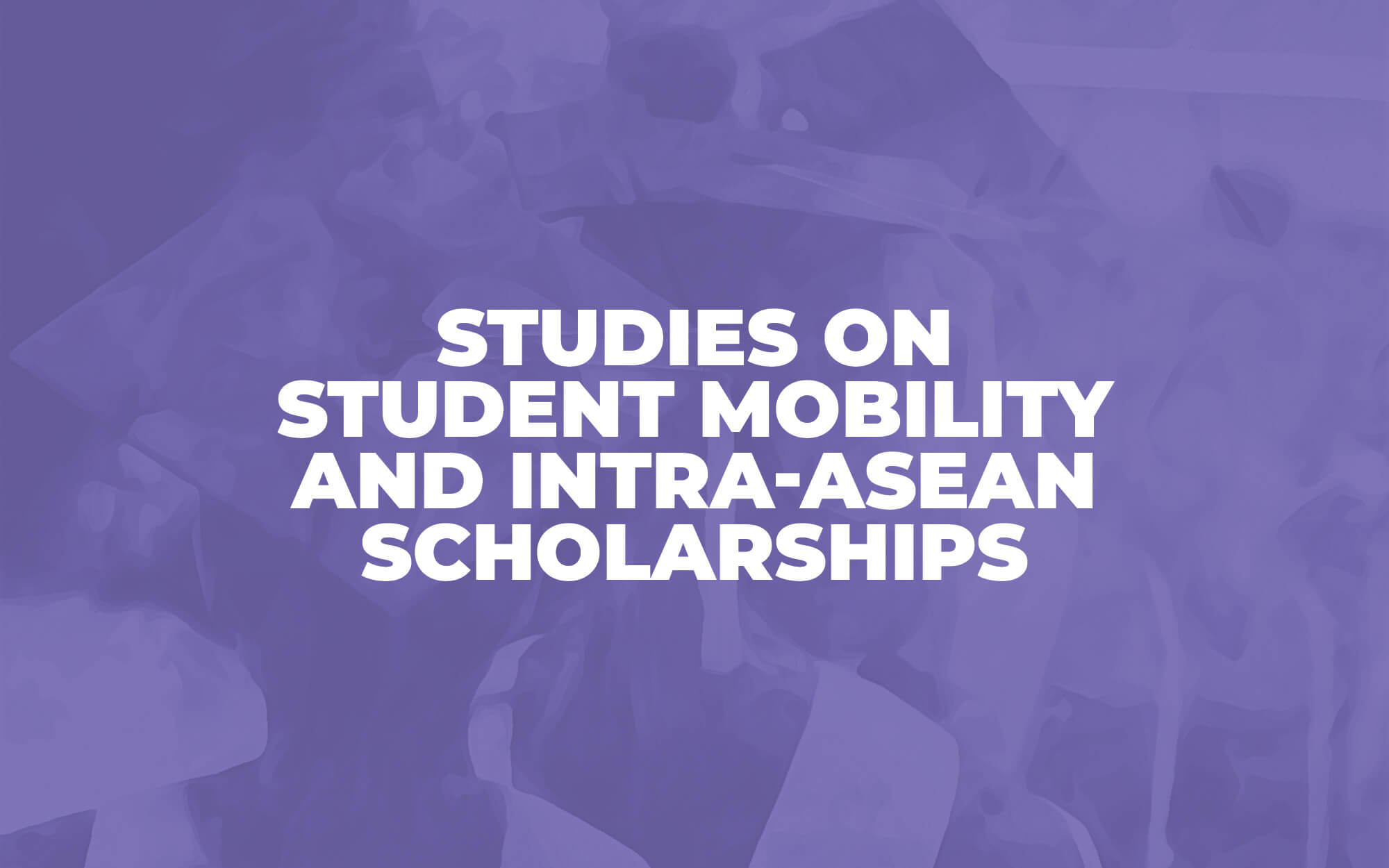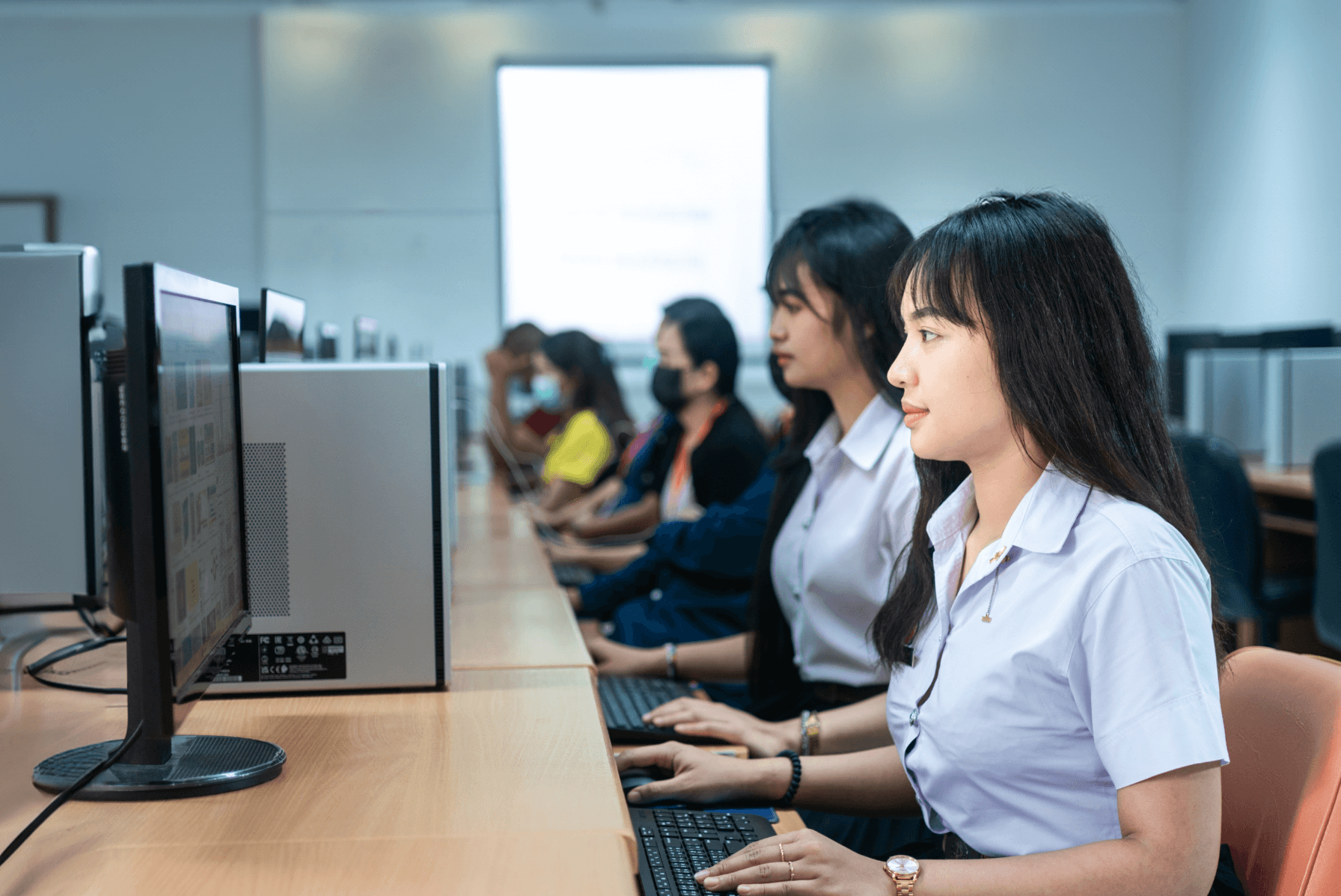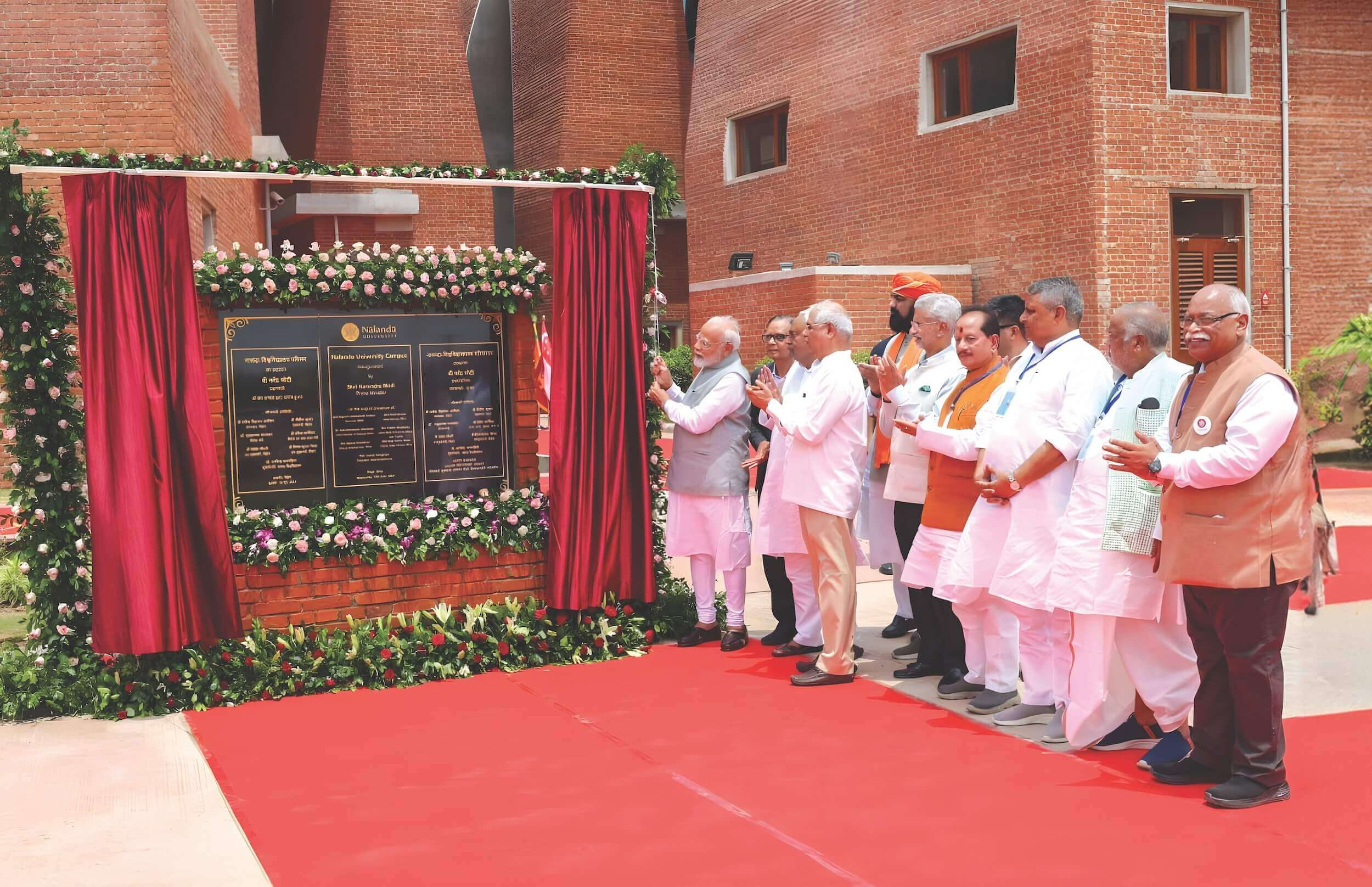




As ASEAN moves towards a digital economy, a digitally literate population becomes essential. Citizens equipped with digital skills can use technology to work more efficiently and productively, participate in e-commerce, and contribute to overall economic growth. A digitally literate workforce will also be resilient in the face of new and emerging technologies and shifts in work arrangements as industries and sectors undergo digital transformation.
Digital literacy enables individuals to detect credible sources, evaluate information more critically, shield their personal data and information, and practice responsible online behaviour.
ASEAN acknowledges the need to elevate its citizens’ digital competence. “A significant challenge looms over the flourishing ASEAN digital economy; that is, the lack of digital literacy,” said Assistant Director Le Quang Lan of the ASEAN Secretariat, speaking at the ASEAN Digital Literacy Programme Impact Forum on behalf of ASEAN Secretary-General Dr. Kao Kim Hourn.
Assistant Director Lan said that those with low digital literacy skills, such as older adults, women, and the rural population, are more susceptible to misinformation and more likely to fall prey to online attacks and cybercrimes. “Digital literacy empowers individuals to safely and effectively participate and engage in the digital world and to realise the technology’s full potential,” he said.
Regional frameworks promoting digital literacy
ASEAN has devised regional frameworks to guide and support Member States’ efforts in improving their citizens’ digital literacy. The study on the ASEAN Digital Economic Framework Agreement or DEFA (2023) underscores the development of people’s digital talents as a foundational element of digital transformation.
The Declaration on the Digital Transformation of Education Systems in ASEAN (2022) calls on ASEAN Member States to harness digital technology for teaching and learning and create a safe and secure digital education ecosystem.
The ASEAN Task Force on Fake News (2022) seeks to foster a common understanding of concepts like fake news and disinformation, while facilitating exchanges on strategies to address these issues.
The Framework for Developing Digital Readiness Among ASEAN Citizens (2021) identifies digital literacy as one of three key elements for achieving digital readiness and encourages ASEAN Member States to identify a set of basic digital skills that citizens must possess, such as the ability to search for information, communicate, and access basic digital services.
The ASEAN Declaration on Human Resources Development for the Changing World of Work and Its Roadmap (2020) identifies digital literacy as a tool for cultivating lifelong learning and improving labour competitiveness.
The Core Values on Digital Literacy for ASEAN recommends that Member States heed the values of responsibility, empathy, authenticity, discernment, and integrity in developing their digital policies and programmes.
ASEAN support for digital literacy initiatives
ASEAN has also been supporting the digital literacy initiatives of its entities, in particular, the ASEAN Foundation.
Mahmudi Yusbi, the head of programmes of the ASEAN Foundation, noted that the foundation has been at the forefront of building the digital capabilities of young people in the region.
He told The ASEAN, “Over the last seven years, our emphasis has been on equipping young individuals with digital literacy skills. The rapid pace of technological advancement is transforming industries, making digital literacy a basic requirement for many jobs today. Thus, our overarching goals revolve around empowering ASEAN youth to thrive in the digital age, participate meaningfully in the workforce, and contribute to the ongoing development of society.
“Further, the rapid pace of technological advancement has introduced new security issues for communities and countries around the region as information technology evolves. For instance, social media have been used by irresponsible people to spread disinformation and fake news, causing confusion and fear among people—this happened many times during COVID-19.
“Therefore, our digital literacy programmes not only equip youth with the skills to navigate the fourth era of the Industrial Revolution but also educate citizens to become media literate and filter the information they receive, combating fake news.”
The foundation has successfully implemented programmes like the ASEAN Digital Literacy Programme, ASEAN Cybersecurity Skilling Programme, ASEAN Data Science Explorers, Future Ready ASEAN.org, and Seeds for the Future Programme. The programmes address specific needs and challenges in the region, according to Yusbi.
In the case of the ASEAN Digital Literacy Programme (see pages 51-53 for a feature on programme partners) and the ASEAN Cybersecurity Skilling Programme, Yusbi said the intent is to make ASEAN citizens more discerning when it comes to the information they consume, emphasising aspects like source reliability, integrity, and potential biases and raise (their) awareness about the threat of cyber-attacks.
Both programmes have successfully trained over 200,000 individuals, including young people and underserved communities, across all Member States. Yusbi attributed the programmes’ success to the highly effective approach of training master trainers who conduct echo training sessions, and the involvement of the private sector, local governments, and implementing partners, such as civil society groups and universities.
To further extend its reach and impact, the ASEAN Foundation has launched online learning platforms, such as Future Ready ASEAN (https:// futurereadyasean.org/), Digital Class (https://www.digitalclassasean.org/), and Data Analytics (https://aseandse. org/), that offer courses on digital literacy, cybersecurity, and data analytics.
Regional collaboration as a path forward
Raising digital literacy levels in the region is a monumental task. ASEAN is committed to complementing national-level digital literacy programmes with regional initiatives in the coming years.
Regional collaboration and the development of supportive policies across the ASEAN Member States are particularly important to the continuing success of ASEAN Foundation’s digital initiatives, according to Yusbi.
He said the ASEAN Foundation sees three areas where regional collaboration is crucial: i) Research and innovation, to contribute to the growth of a dynamic and resilient digital ecosystem; ii) Capacity-building and education, to develop standardised digital literacy programmes and training to cultivate a skilled workforce; iii) Awareness-raising, to inform and engage stakeholders and ASEAN people about the value of ASEAN digital initiatives, mobilise support, and encourage active participation from various stakeholders.
“By focusing on these areas, the ASEAN Foundation and ASEAN can create an environment conducive to the success of digital initiatives. Regional collaboration, policy development, and awareness raising are instrumental in addressing common challenges, maximising opportunities, and ensuring the equitable spread of the benefits of digital transformation across the ASEAN community,” said Yusbi.








